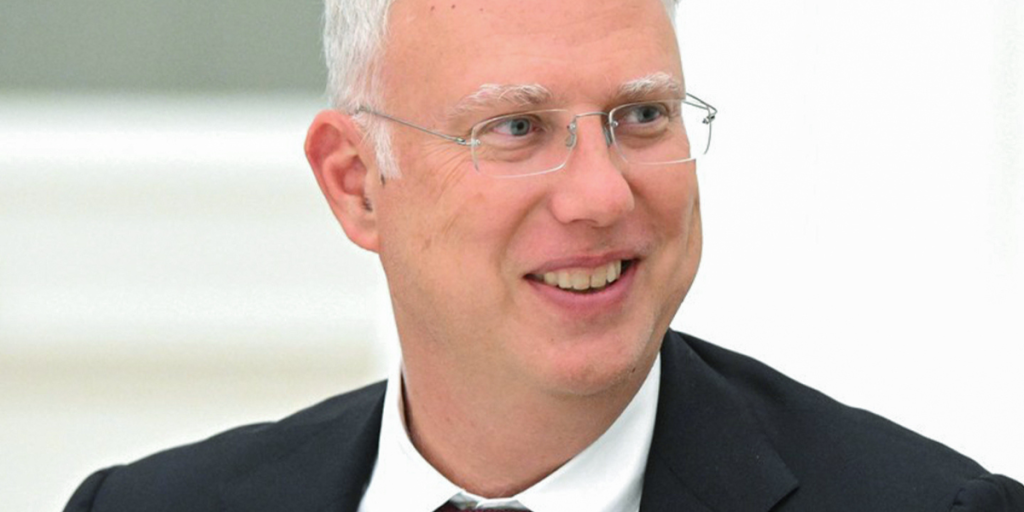He said Moscow is moving closer to a diplomatic settlement.
Others are reading now
Russia believes the war against Ukraine could be over within the next twelve months, according to Vladimir Putin’s special envoy Kirill Dmitriev.
Push for peace
Speaking at an investment conference in Saudi Arabia, Dmitriev told foreign media that Russia was confident peace could be achieved soon.
Reuters quoted him as saying, “We are confident we are moving towards peace, and as peacekeepers, we must make it a reality.”
Asked whether peace could be reached within a year, Dmitriev said it was “very possible.” He added that Moscow and Washington were already “close enough” to reaching an agreement on a diplomatic end to the conflict.
Calls for cooperation
Dmitriev also expressed support for closer cooperation between Russia, the United States and Saudi Arabia as major resource powers.
Also read
He said stronger ties between them could help stabilise global markets and reduce tensions.
According to the envoy, while the world’s focus remains on the fighting in Ukraine, it is vital to prevent the conflict from expanding into a broader confrontation.
Experts doubt claim
In Ukraine, analysts reacted cautiously to Dmitriev’s prediction.
Dmytro Zhmailo, executive director of the Centre for Security and Cooperation in Kyiv, told local media that while the war could theoretically end within months to a year, such an outcome was unlikely.
Zhmailo explained that his organisation’s analysts, during a strategic session in early 2024, concluded that Russia would probably continue its aggression until at least 2026.
Also read
However, he noted that its manpower and weapons reserves were expected to decline steadily.
“The current autumn–winter offensive is essentially Russia’s last independent strike,” Zhmailo said.
He added that China could be the decisive factor: “Without support from China and its ally North Korea, the war would likely already be over.”
Sources: LA.LV, Reuters, Kyiv Centre for Security and Cooperation


